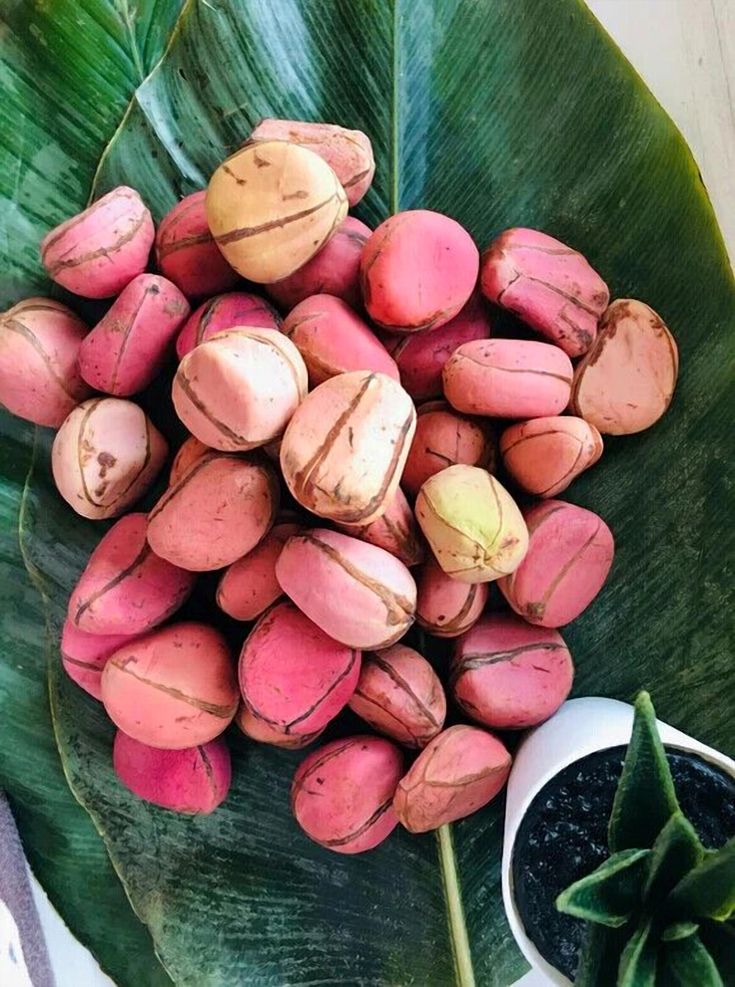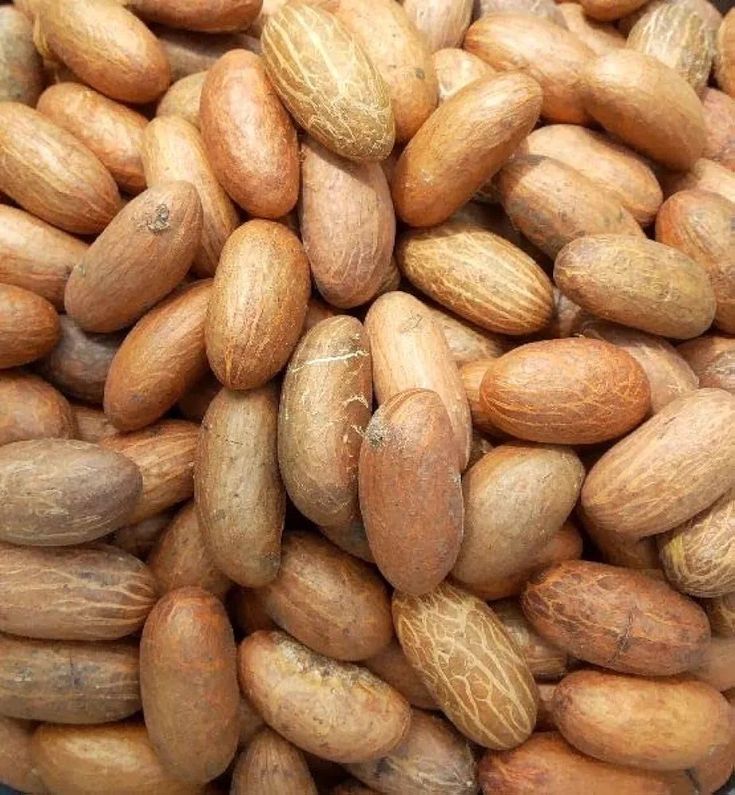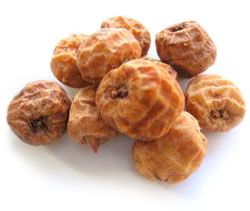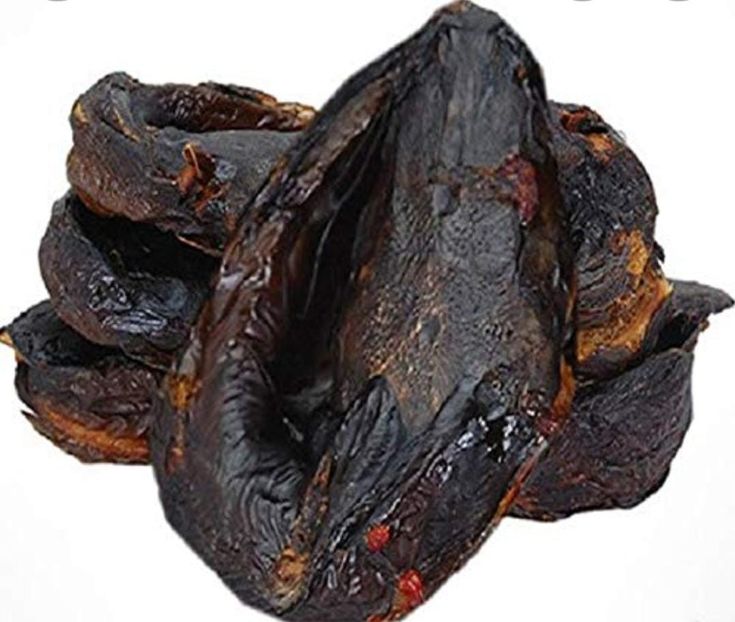What It Is and What Export of It Is
Locust beans, known locally in Nigeria as “Iru”, are the fermented seeds of the African locust tree (Parkia biglobosa). It is a widely used traditional condiment in West African cuisine, appreciated for its distinctive pungent flavor and rich umami taste. The beans are processed through fermentation and drying, resulting in a product that enhances the flavor of soups, stews, and sauces.
The export of locust beans involves sourcing high-quality seeds, undergoing hygienic fermentation, drying, and packaging for international markets—particularly among African diaspora communities in Europe, the U.S., Canada, and other parts of the world.
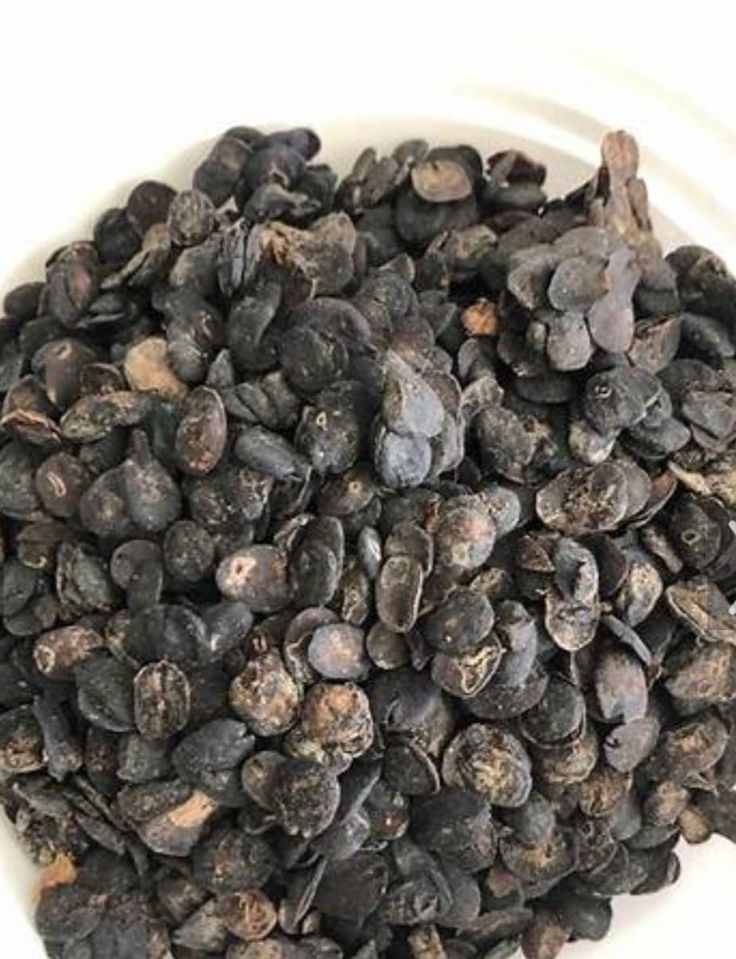
Forms for Export
-
Fermented and Dried Locust Beans (Iru Woro) – typically flattened and used in soups.
-
Mashed or Paste Form (Iru Pete) – softer form, often stored in plastic containers.
-
Frozen Locust Beans – for freshness preservation in cold-chain export.
-
Smoked and Dried – to extend shelf life and enhance aroma.
Packaging for Export
-
Vacuum-sealed pouches (250g, 500g, 1kg)
-
Plastic containers for paste/frozen form
-
Custom export cartons (10kg, 20kg, 25kg)
-
Food-safe polythene liners within cartons
-
Proper labeling with product name, batch number, expiry date, and nutritional facts
Export Preparation
-
Sourcing: Collected from local farmers in Northern and Southwestern Nigeria.
-
Fermentation: Traditional fermentation process (usually 2–4 days).
-
Drying: Sun-dried or oven-dried to reduce moisture and prevent spoilage.
-
Sorting & Cleaning: Removal of dirt, husks, and unwanted particles.
-
Packaging: Packed in moisture-proof, airtight materials to retain aroma and freshness.
-
Cold Chain (for frozen): Transported in refrigerated containers for frozen variants.
 Target Market Demand
Target Market Demand
-
High demand in African and Afro-Caribbean communities in:
-
UK
-
United States
-
Canada
-
Germany
-
France
-
Italy
-
-
Often sold in African/ethnic grocery stores, health food stores, and restaurants
Uses
-
Cooking: Used in local dishes like Egusi soup, Ogbono, Okro soup, Ewedu, Ofada sauce, and more.
-
Nutritional Value:
-
Rich in protein
-
Contains beneficial fatty acids
-
Source of calcium and iron
-
Aids digestion due to fermentation
-
HS Code
-
HS Code: 120999 – Seeds, Fruits, and Spores (suitable for sowing or processing)

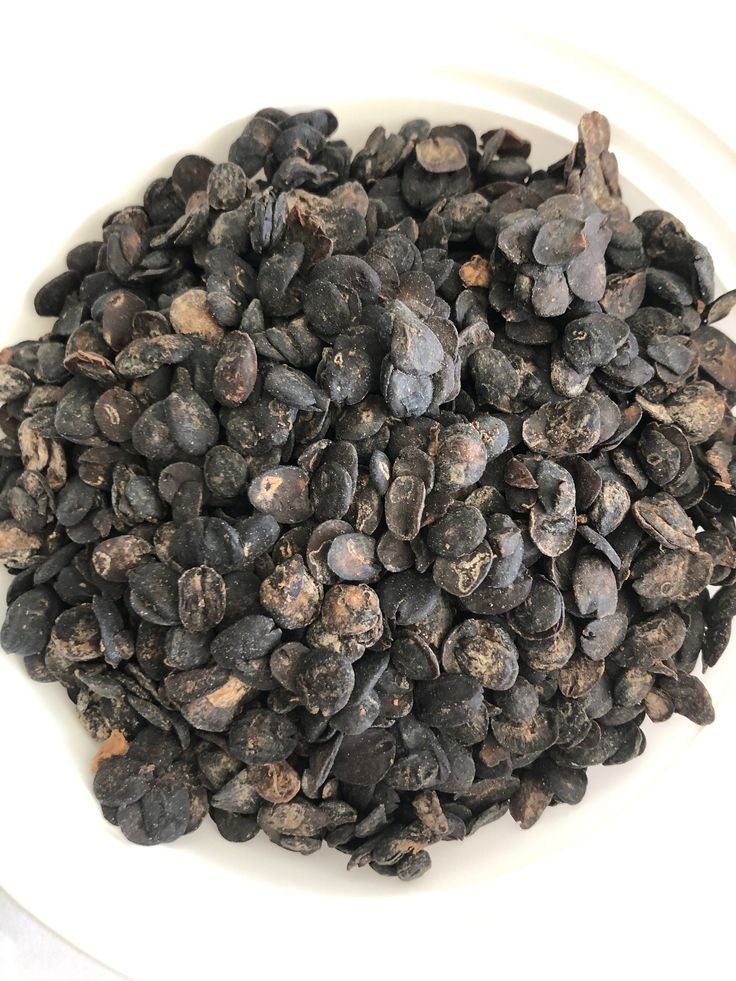
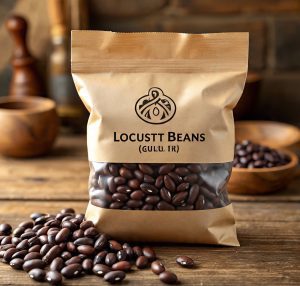
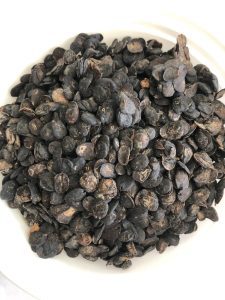 Target Market Demand
Target Market Demand